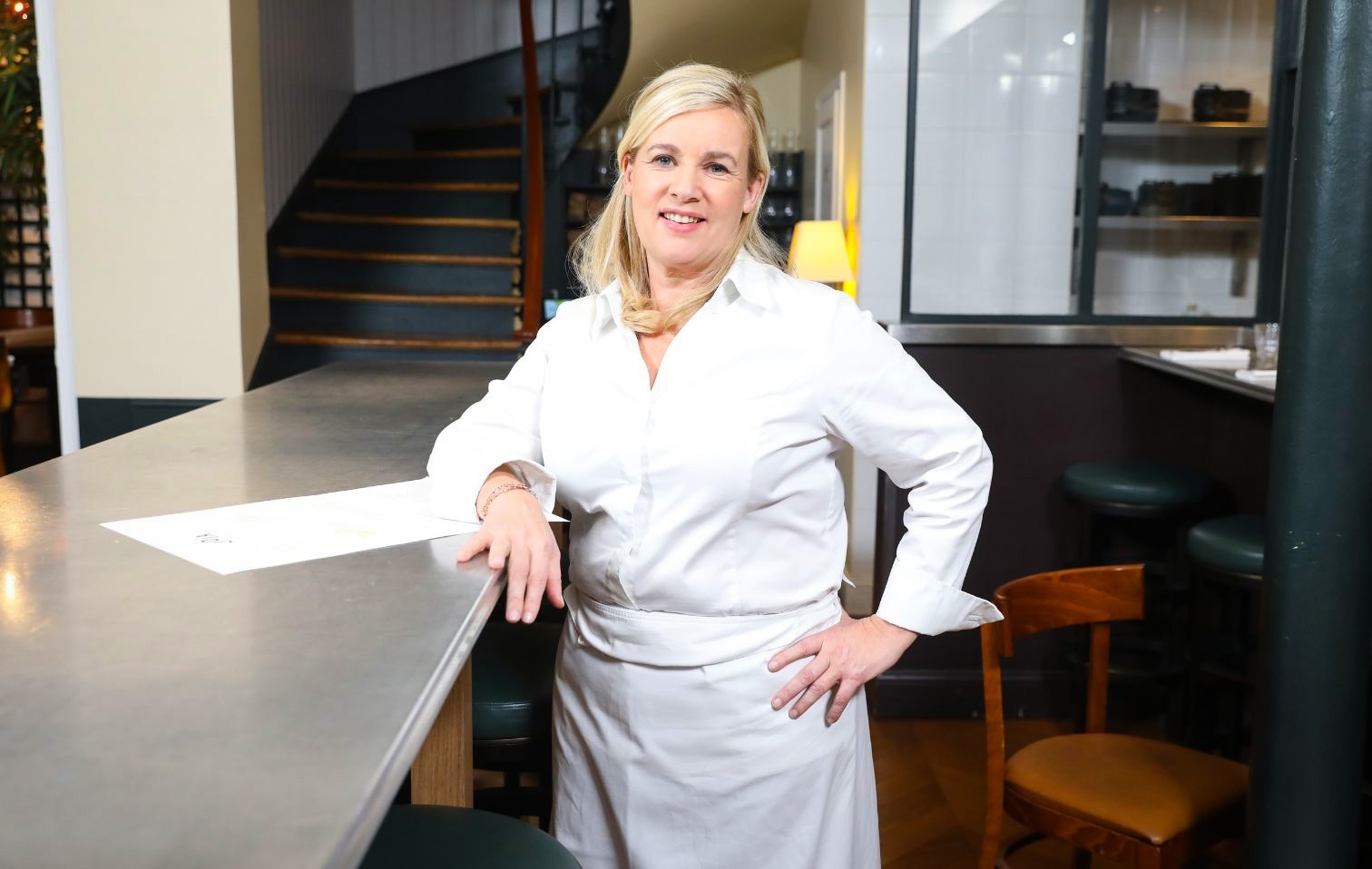Mostly self-taught, first mothers and teachers, then daughters and students, the great women of culinary history have earned every inch of their podium. Without playing the victim, though: "Being a woman in the kitchen? It's an opportunity," proudly claims Hélène Darroze.
Cover photo: Marie Echtegoyen
It seems incredible, yet until a few decades ago, Italian fine dining was predominantly female: boasting three stars were Annie Féolde at Enoteca Pinchiorri (since 1993), Nadia Santini at Il Pescatore (since 1996), Luisa Valazza at Il Sorriso di Soriso (since 1998), before the era of Bottura, Alajmo, Crippa emerged. All self-taught, they represented the principle of a history and a style. Today Giovanni Santini has taken over the kitchen in Canneto, with a young and entrepreneurial vision, focused on self-production; while Riccardo Monco and Alessandro Della Tommasina, for a long time alongside the beautiful French Lady, do not make one miss her quirks.
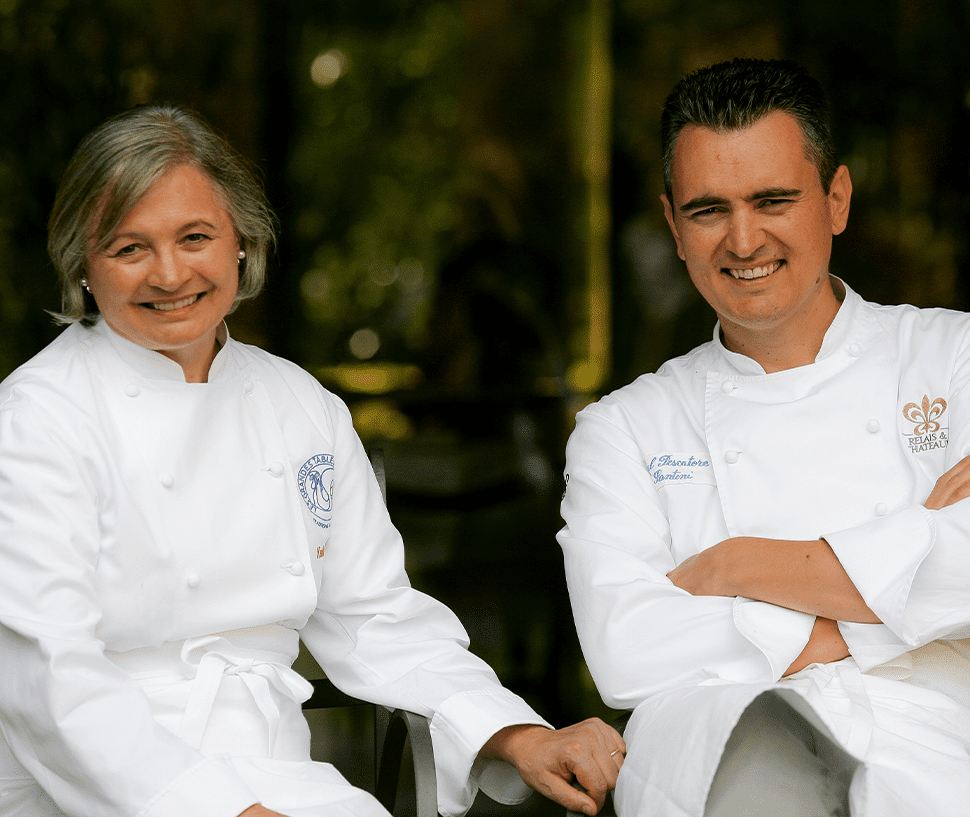
Luisa Valazza remains unwavering at the stove, assisted by her husband Angelo, with a single macaron. But there are no three-starred female chefs on the horizon in this long Italian night: the first today is Valeria Piccini, an extraordinary "shef" at Caino in Montemerano, holding two stars for 26 years. And she is the only one to boast such a score. So every year the litany against the Michelin, seen as hostile to women, starts again, and here and there a pink star is lit, promptly suspected of participating in a hypothetical "quota".
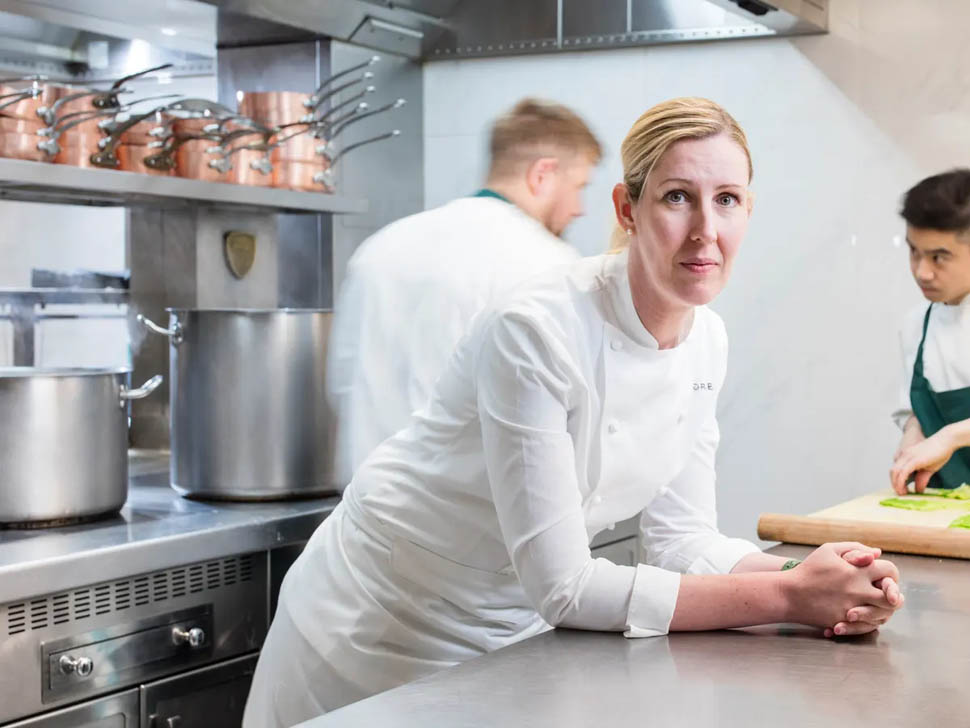
Incredible especially because abroad the opposite is happening: if Italy was in the 1990s in full counter-trend compared to the rest of the gourmet world, largely dominated by men, today women are winning awards and accumulating stars like never before in all continents, or almost. Clare Smyth was the first and only chef to achieve the maximum score in Great Britain in 2021 and even French gastronomy, long dominated by men after the heyday of the Mères de Lyon, now boasts top-class chefs who accumulate stars, well beyond the usual three.
Eugénie Brazier
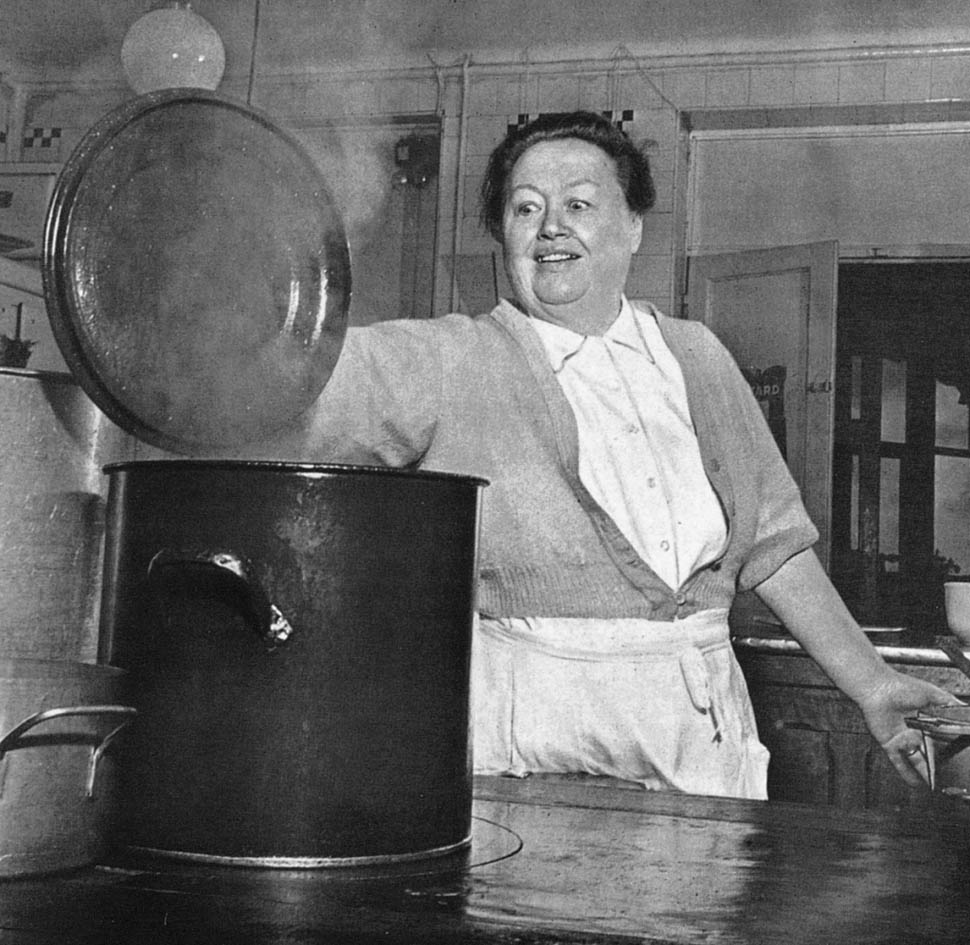
With her, there were Mère Blanc, Mère Fillioux, Mère Bourgeois... Yet a tale of magnificent women in cuisine can only start with Mère Brazier, mentor among others to Paul Bocuse and Bernard Pacaud. Orphaned, extremely poor pig keeper, and then a single mother, she was the first to earn 6 Michelin stars in the 1930s, at her restaurants in Lyon and Col de la Luère. Her legacy includes memorable recipes such as macaroni gratin. Straight out of a movie.
Nadia Santini
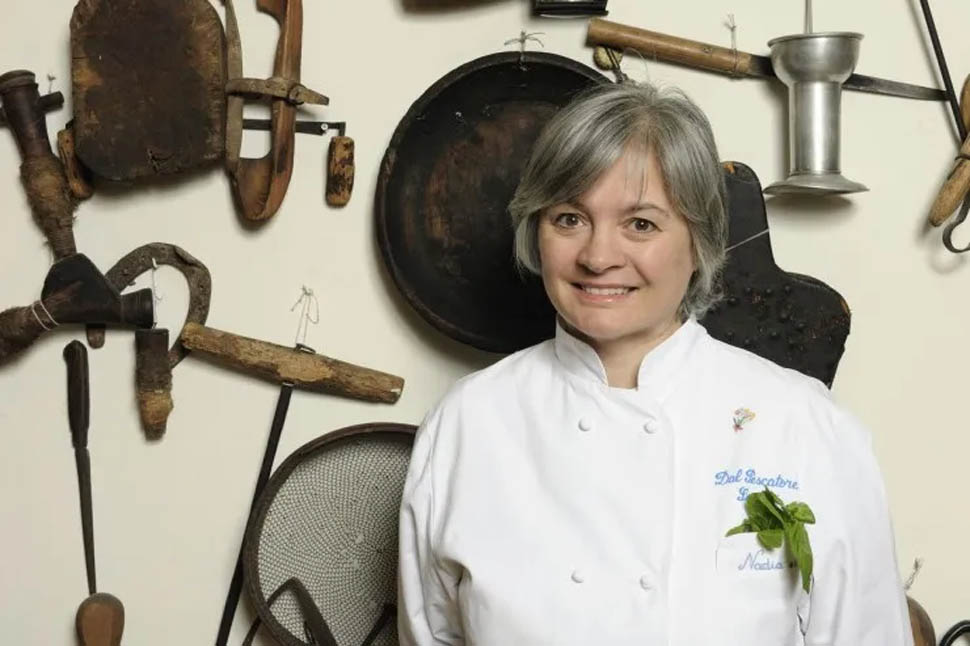
Nadia Santini's life resembles a fairy tale, a political science student who, on her honeymoon with husband Antonio, sleeps in a tent or under makeshift roofs to visit the finest tables in France. The couple is convinced to transform the family trattoria, Vino e Pesce, consecrated by Michelin in 1996 and still a gourmet pilgrimage destination. Initially following in her mother-in-law Bruna's footsteps, she then begins her delicate and subtle creations before passing the torch to her son Giovanni, without leaving the kitchen.
Luisa Valazza
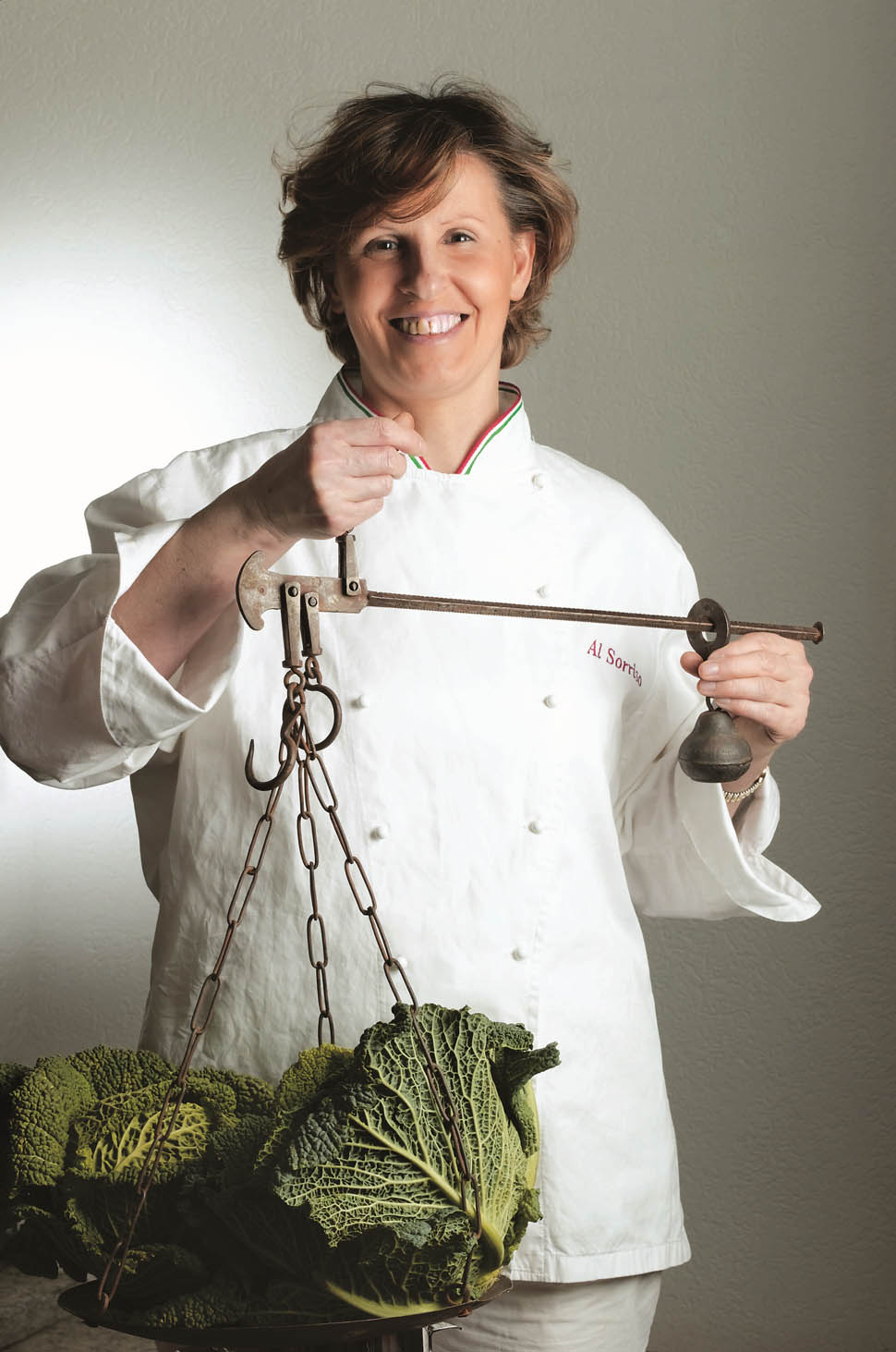
A young graduate in literature, completely self-taught in cooking, Luisa Valazza was lured into the world of fine cuisine by biting into a toast at the Europa bar in Borgomanero, where her future husband Angelo, who had briefly worked in the holiest places of European hospitality, had briefly stopped. "For us, March 8th is just another day," says Angelo. "My wife works more than a man, she's a workhorse. It takes brains and a will to do, focus and intelligence, sex matters little. I'll just add that for March 8th, I bought a few women some pied de cheval oysters to celebrate."
Annie Féolde
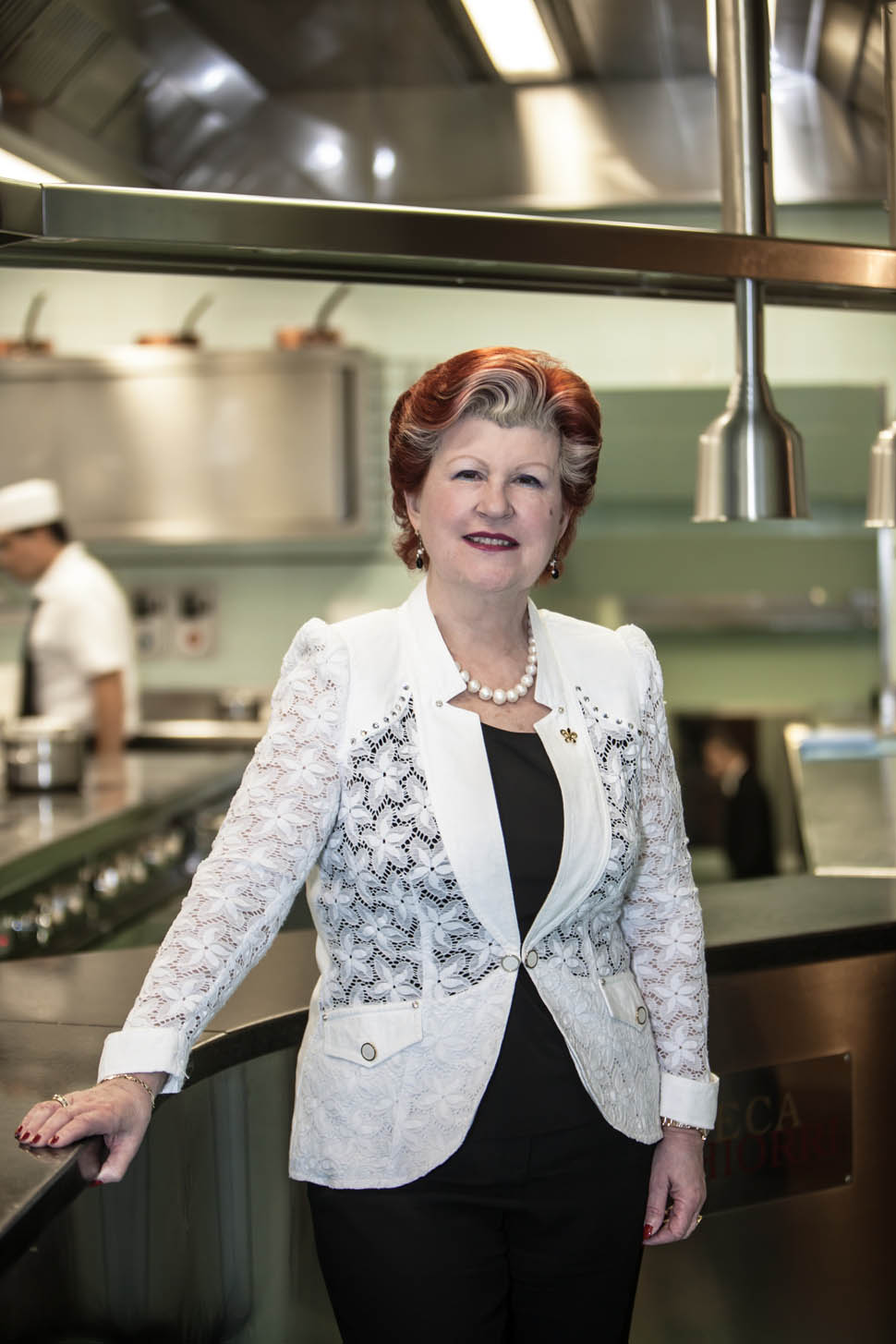
Annie Féolde is the third musketeer of 1990s female cuisine: arriving in Florence to perfect her Italian and never returning to the French Riviera, she worked alongside Giorgio Pinchiorri in building an Italian cuisine legend. Completely self-taught, after her initial, simple pairings with great wines, she forged her style of classic Tuscan cuisine, continued happily by chefs Riccardo Monco and Alessandro Della Tommasina.
Anne-Sophie Pic
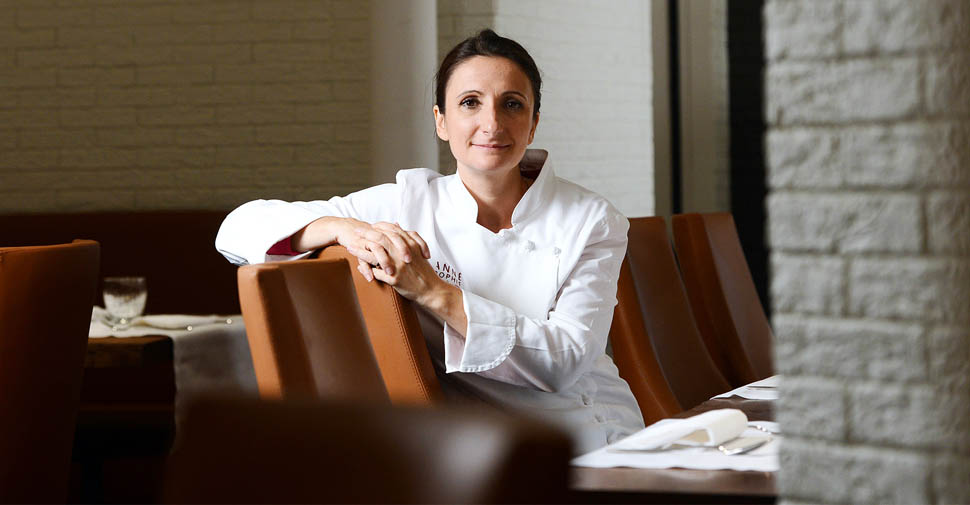
As the heir of a famous French gastronomic dynasty, Anne-Sophie Pic became the fourth woman to earn three Michelin stars in France, following Eugénie Brazier, Marie Bourgeois, and Marguerite Bise; she now holds the all-time female record: ten stars, from her flagship restaurant in Valence to Singapore.
Hélène Darroze
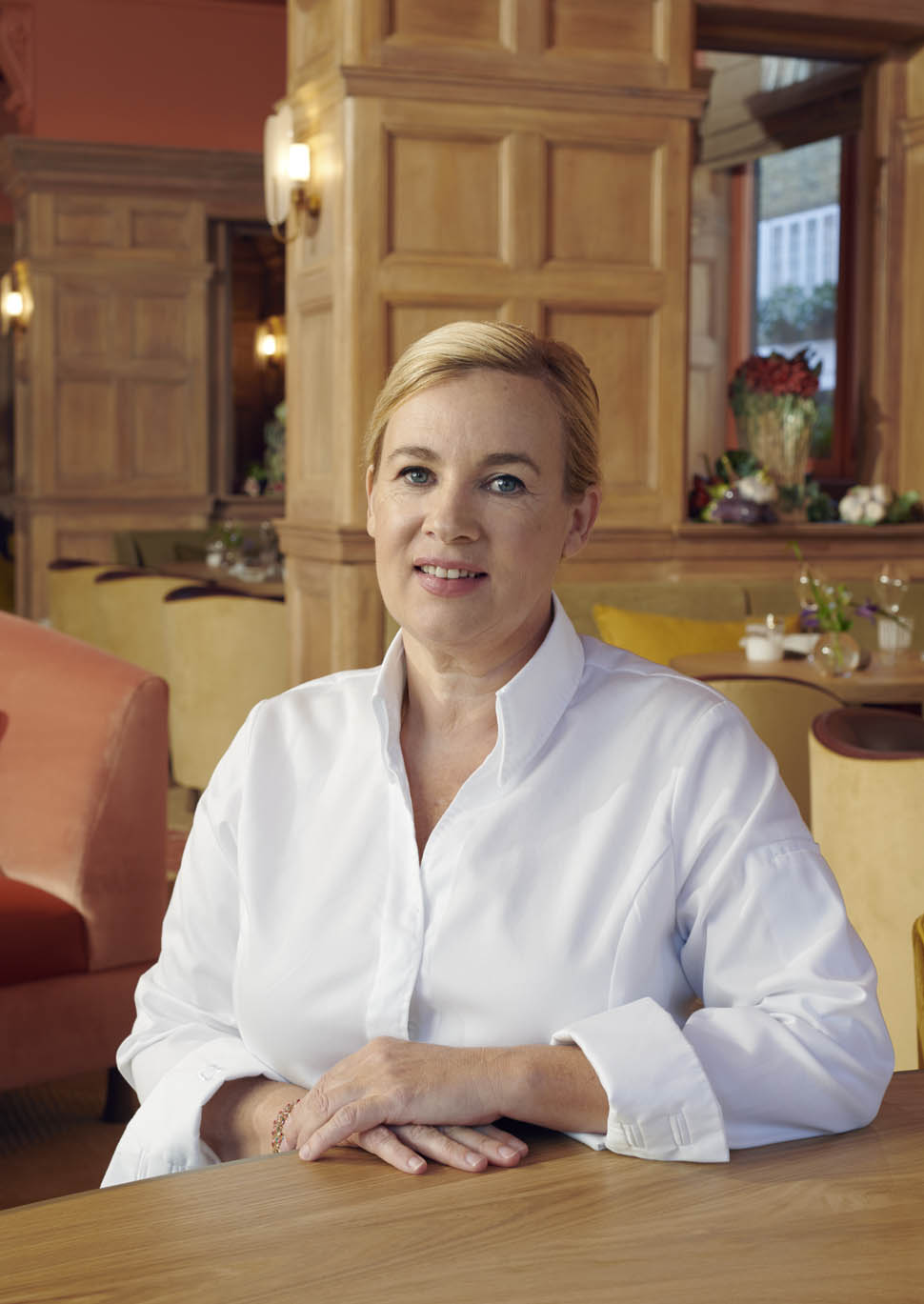
Born into a dynasty of chefs from the southwest, Hélène Darroze currently holds three stars at The Connaught in London, two at Marsan in Paris, and one at Villa La Coste in Provence. Unlike many of her colleagues, she has never succumbed to victimhood: "Although there aren't many women in the industry, I can say that twenty years ago I was almost the only one. I consider being a woman more and more as an 'opportunity'." When she received two stars in Paris, all the attention was on her, more than on her male counterparts. "They were talking about me because I am a woman. That's why I consider it an opportunity: the opportunity to be different."
Valeria Piccini
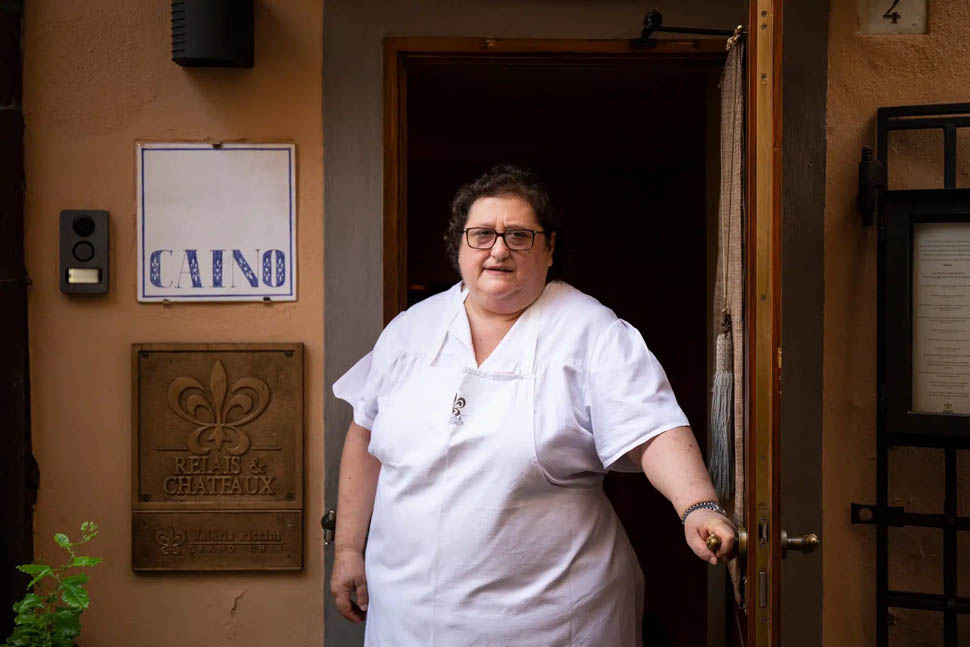
Currently, the most esteemed chef in Italy is Valeria Piccini, a self-taught chef who runs Caino in Montemerano with her son Andrea and husband Maurizio. "Calling March 8th International Women's Day is erroneous because it originated from a tragedy. I would rather call it World Women's Day and what they have rightfully achieved, from voting to emancipation. I think in general we should have more respect for ourselves, every day of the year, with reference also to current events. Working in the kitchen is very tiring, requires a lot of commitment, maybe today there isn't enough desire and involvement. But I have many women who easily do the work of a man. The world is changing, we are only open in the evening and I think that's one of the reasons why female chefs are emerging here."
Isabella Potì
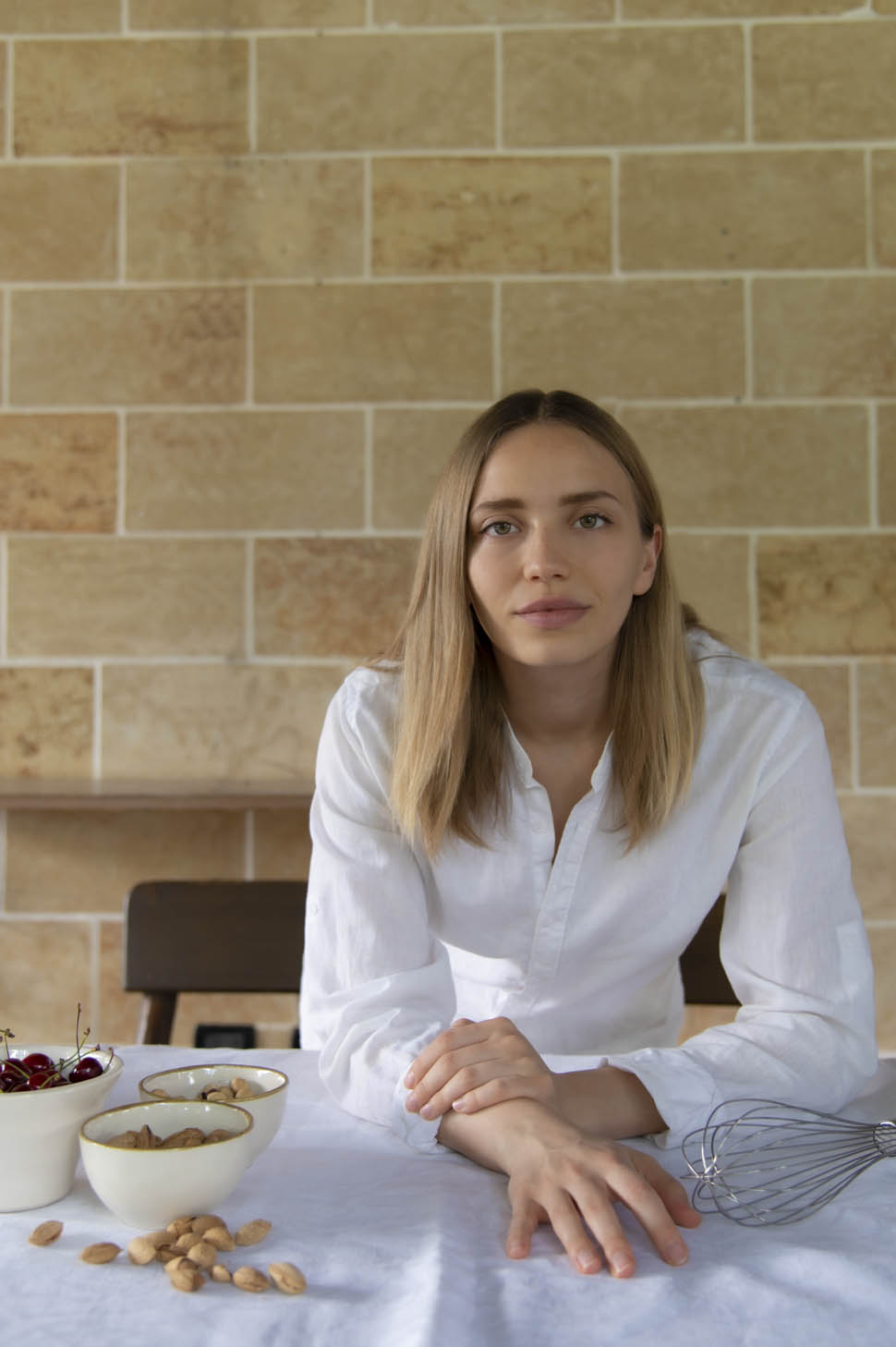
The glamorous face of fine dining is surely Isabella Potì, who, however, leads her Bros' in Lecce with the determination of a mastiff. Not just a chef, but also a spokesperson and even an elusive diva, in a mixture of roles purely contemporary, alien to previous generations. "It's okay to celebrate women, but it should happen automatically, like Mother's Day. Having grown up in the kitchen since I was a child, I never thought I was discriminated against, so it's not a topic I like to address. Surely we were few, but this happens in all fields at the top positions. Something that fortunately is changing very quickly. I believe that in this sense we are making great progress. It is important to victimize oneself as little as possible, whether as a woman or as a man, thinking rather about how to improve oneself."
Antonia Klugmann
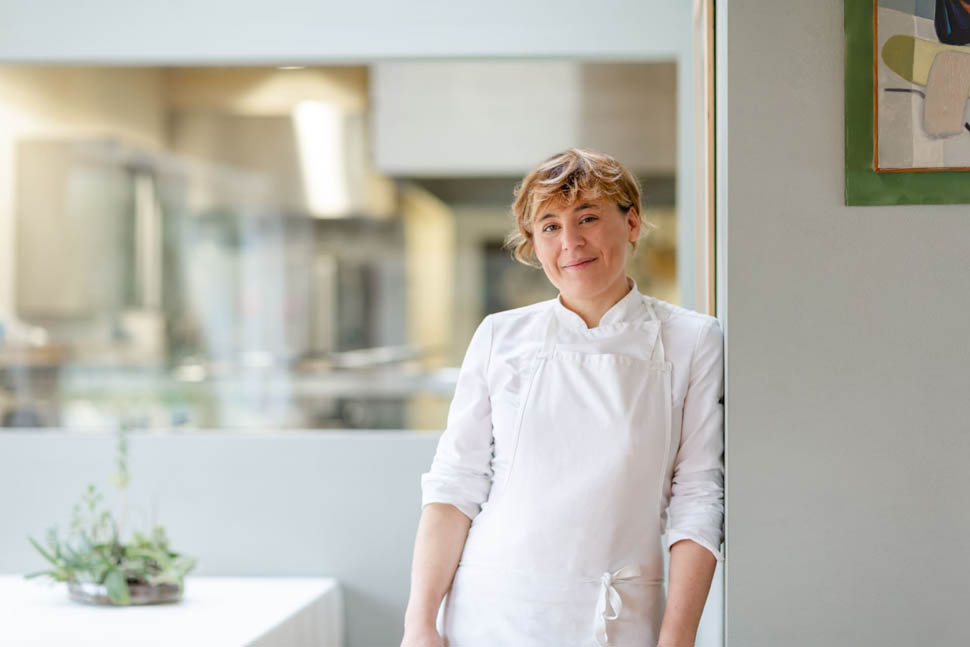
A self-taught chef with exquisite sensitivity, Antonia Klugmann has never wanted to label the cuisine of her Argine a Vencò, preferring to refer to Virginia Woolf's concept of genderless creativity. "In the book 'A Room of One's Own,' the writer wonders why there are few female writers and why they are not so creative, and talks about the space she bought to have her own bubble, fertile for creativity. Similarly, when I took the space for my restaurant, I thought first of myself, of what made me feel good with the customer."
Ana Ros
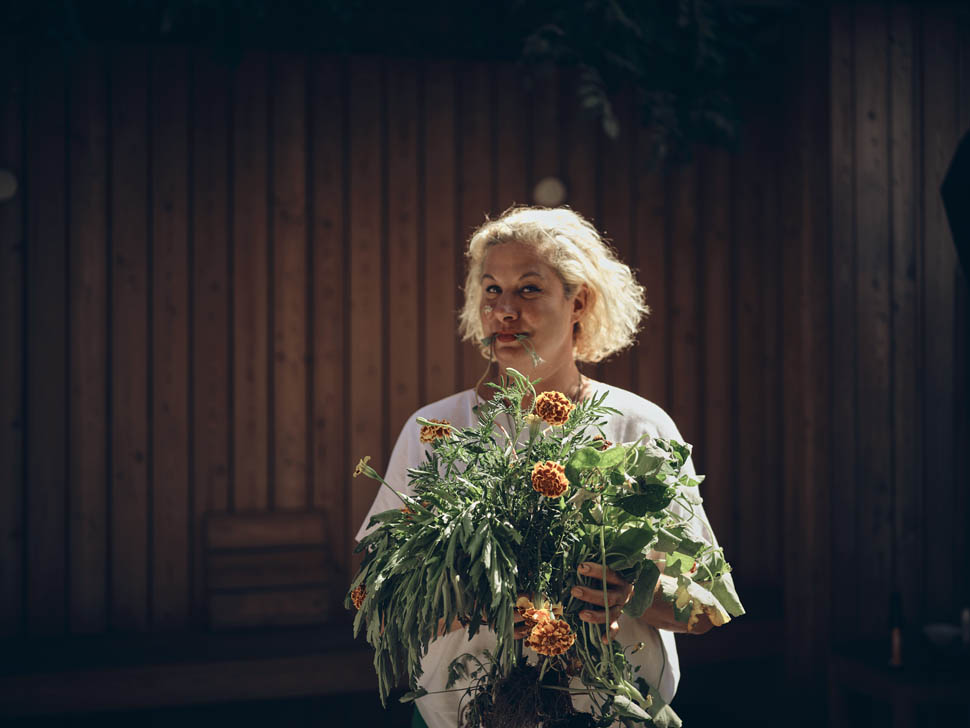
A former skier, Ana Ros is a completely self-taught chef who brought three stars to Slovenia for the first time, in the unique habitat of Kobarid. Awarded as the best chef in the world, she is not easily classified for her cuisine of great character. "It makes little sense, in my opinion, to speak of gastronomy as 'masculine' or 'feminine'," she emphasizes. "There is a sensitive approach, indeed, to the product and its nuances of expression, which has always characterized my research, as well as that of other male and female chefs. I believe in emotional cooking, made of contrasts, textures, and subtle harmonies. This is what leaves an indelible memory in the customer."
